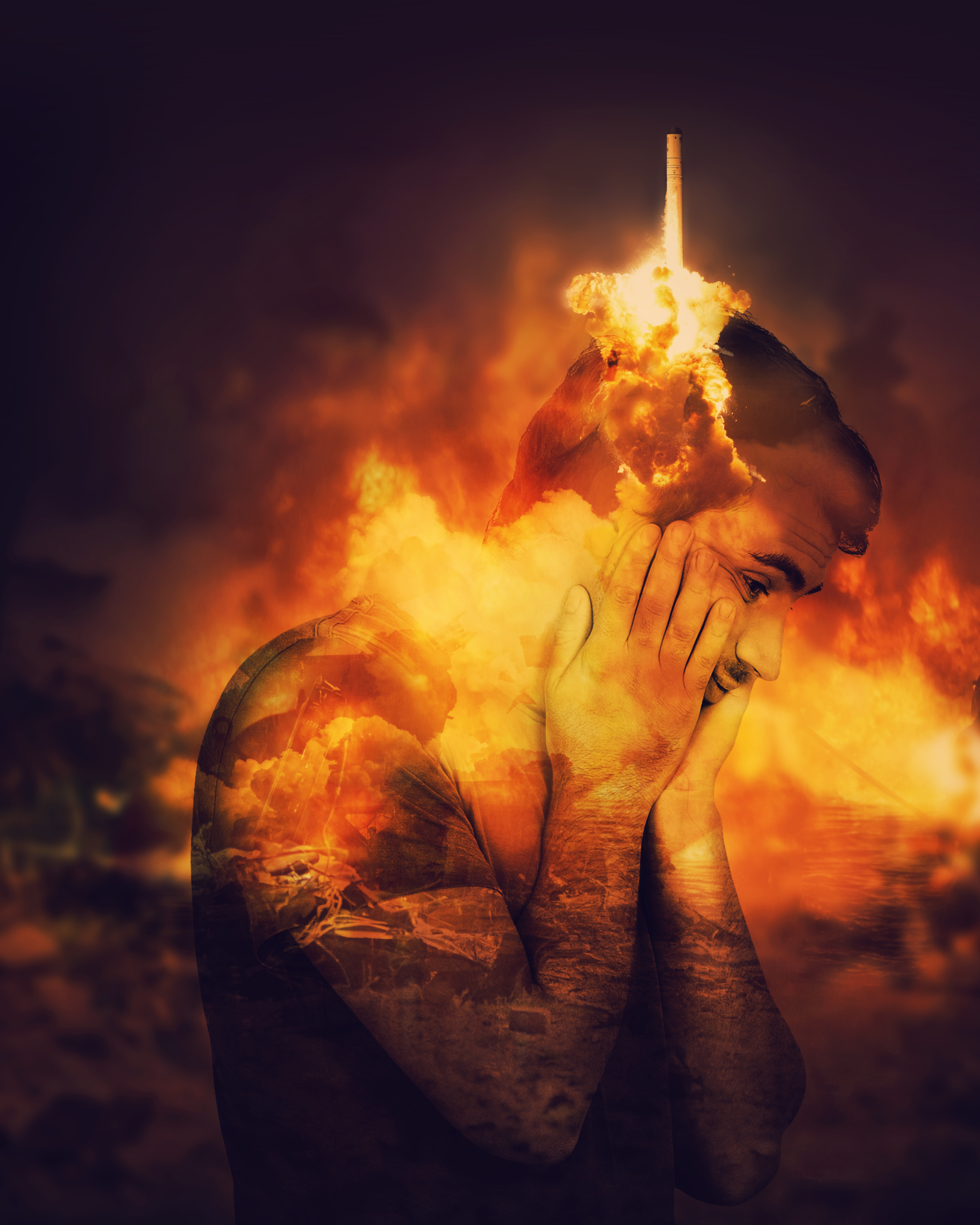The Gender Spectrum
Being gay is not a way of life – its part of life.
In today’s world a number of us identify as non-binary, and it important for us to understand that gender is separate to biological sex, the genitals we were born with, we use ‘sex’ to refer to physical attributes associated with being male or female, and gender to refer to psychological and social identity.
Gender fluidity has been around for ever
…. but now that many societies recognise and no longer condemns but increases awareness and extends our vocabulary to include a variety of new terms for gender identification, to find a word that’s feels right to describes ones gender, inclusion, tolerance and modification of learned attitudes should follow.
Read more
The only meaningful way to determine gender is on an individual basis, seeing that persons internal sense of gender, understanding that their gender role as society defines it may not be how they feel and, nobody has to wear badges.
In counselling this is important, the person who has struggled with gender identity will have a different experience of life than someone ‘Cisgender’ who’s gender identity matches that of their biological sex. Counsellors need to work with that experience with honesty and without judgement, sex is much less binary than we are taught and indeed biology is a faulty criteria for determining a gender identity.
The issue that brings you to counselling may have nothing to do with how you personally identify but, the counsellor will have to work with that issue within your personal experience, your arena and how you see the world.
Gender permeates the culture in which people live, an increasingly sexualised culture which allows us to be, to be sexually free to be unashamedly ourselves.
Copyright © Ros Welch 2020. All rights reserved

